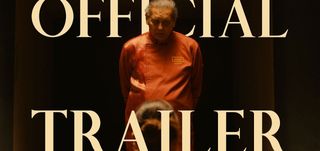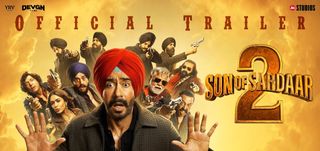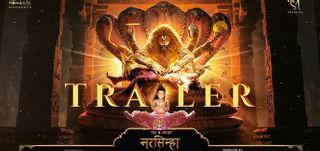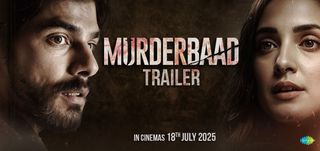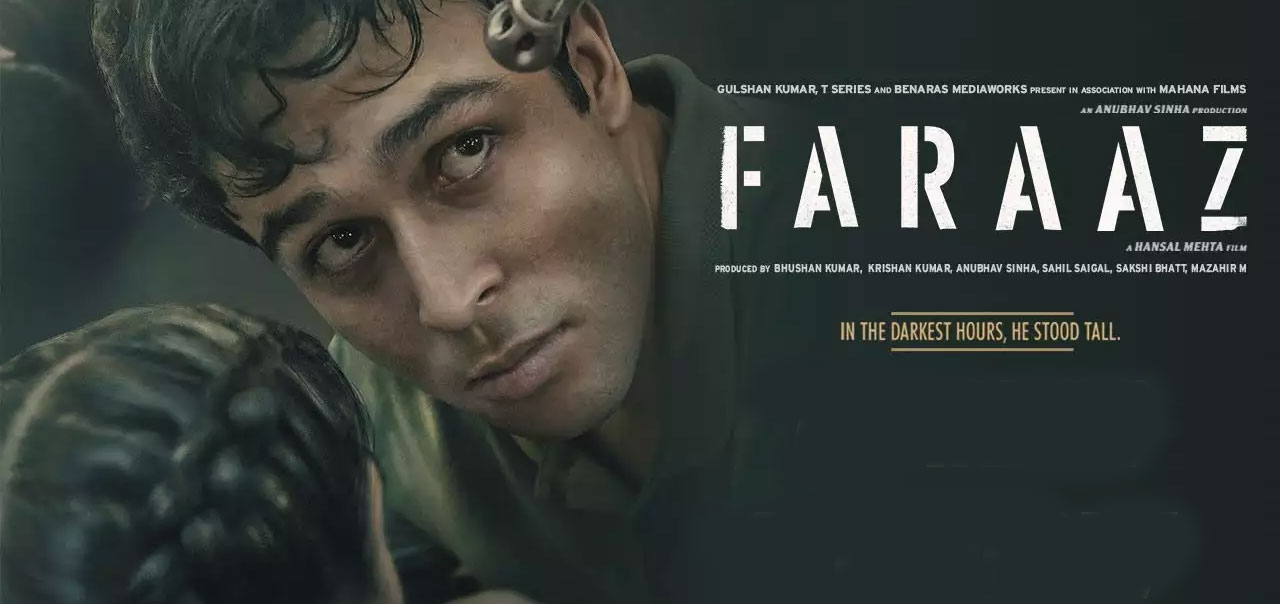
Faraaz Movie Review
Faraaz: Faraaz is a heart-rending document of a real-life event
Hansal Mehta's Faraaz is a heart-rending recount of the 2016 terrorist attack in Dhaka. The movie moves at a snail's pace but documents the real-life incident with aplomb. Mehta deserves credit for not fictionalizing a real-life incident and maintaining subtlety throughout.Hansal Mehta's film "Faraaz" revolves around the events of the 2016 terrorist attack at an expensive restaurant in Dhaka. The incident made headlines back in 2016, primarily because the terrorists concerned targeted foreigners out of a misplaced sense of religious superiority. The attackers are a group of 20-something-year-olds who are washed out of their brains. They have no idea what they are doing. Paresh Rawal's son Aditya Rawal plays Nibras, the leader of the pack who appears to be a cool guy on the outside but is a cracker waiting to go off in actuality.
The first hour and a half of Faraaz plays out as a procedural. Mehta gives us glimpses of the private lives of Zahan Kapoor's Faraaz and his family. Faraaz's mother, played by Juhi Babbar, is unhappy about not being able to celebrate Eid with her family after her sons fail to apply for visas in time. Faraaz's mother wants him to study at Stanford, but he wants to spend the rest of his life in Bangladesh.
At the same time, Mehta shows how a guy who works at a call center pushes a group of youngsters to commit an act of terrorism. The revelation of the guy's job is one of the shocking scenes in Faraaz that reminds you of this line from a Christopher Nolan movie: "Madness is like gravity; all it takes is a little push."
With his cinematographer, Pratham Mehta, Mehta films the events at the restaurant in all their gruesome detail. The youngsters just barge into the location with Kalashnikov guns and start shooting down select victims. Then, they order people who look like Muslims to show their passports and recite their religious prayers. They also tell one of the hostages to pose for pictures with dead bodies around a table. At the same time, another Muslim with a guitar is told to play a song while the other hostages watch the scene unfold with bated breath.
The music scene is a chilling sequence that somewhat humanizes the terrorists. These may be people with toxic ideologies trying to teach so-called disbelievers a lesson, but they also have facets of regular people. Their affinity for music and social media only signifies the human side of the terrorists. The music scene reminds you of a similar sequence from Spielberg's "Schindler's List," where a German soldier plays Mozart notes during a Ghetto invasion. It makes you wonder how a man with a toxic mind can appreciate high art.
Another interesting aspect of Faraaz is what it means to be privileged in the face of terror. Faraaz's mother yells out in anger as she threatens a high-ranking officer to take immediate action, but she softens up as the hostage situation intensifies. This just shows that privilege has little to no place in times of adversity.
Despite these provocative themes, Faraaz also has its fair share of problems. Mehta's film moves at a snaillike pace before it boils down to a "good Muslim versus bad Muslim" dialogue. I wish Ritesh Shah's screenplay explained what a good Muslim is like. Take Aditya Rawal's Nibras, for instance. What made Nibras abandon a normal life with football for one where he tots guns and spews out religious toxicity? I specifically mentioned Nibras here because he is the most fleshed-out character of the lot.
Nevertheless, the performances are splendid throughout, and you cannot fully fault Mehta's approach either. Aditya Rawal plays the cold-blooded Nibras with a great sense of intensity, and he is a star in the making. Zahan Kapoor has no false note as the loving and empathetic Faraaz. Juhi Babbar shows the different shades of her mother character with utmost ease. Mehta also deserves some credit for not fictionalizing a real-life incident and maintaining a sense of subtlety throughout.











